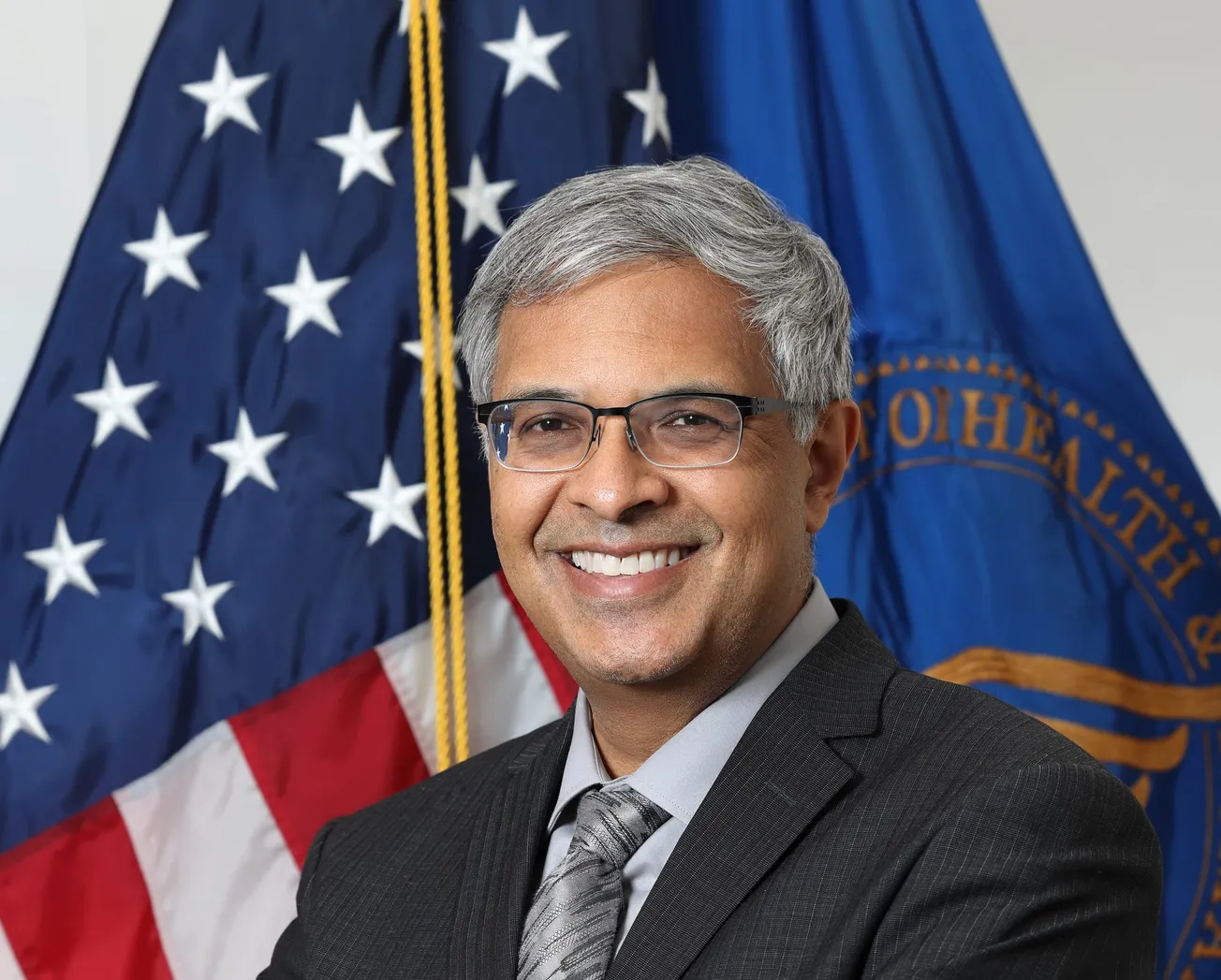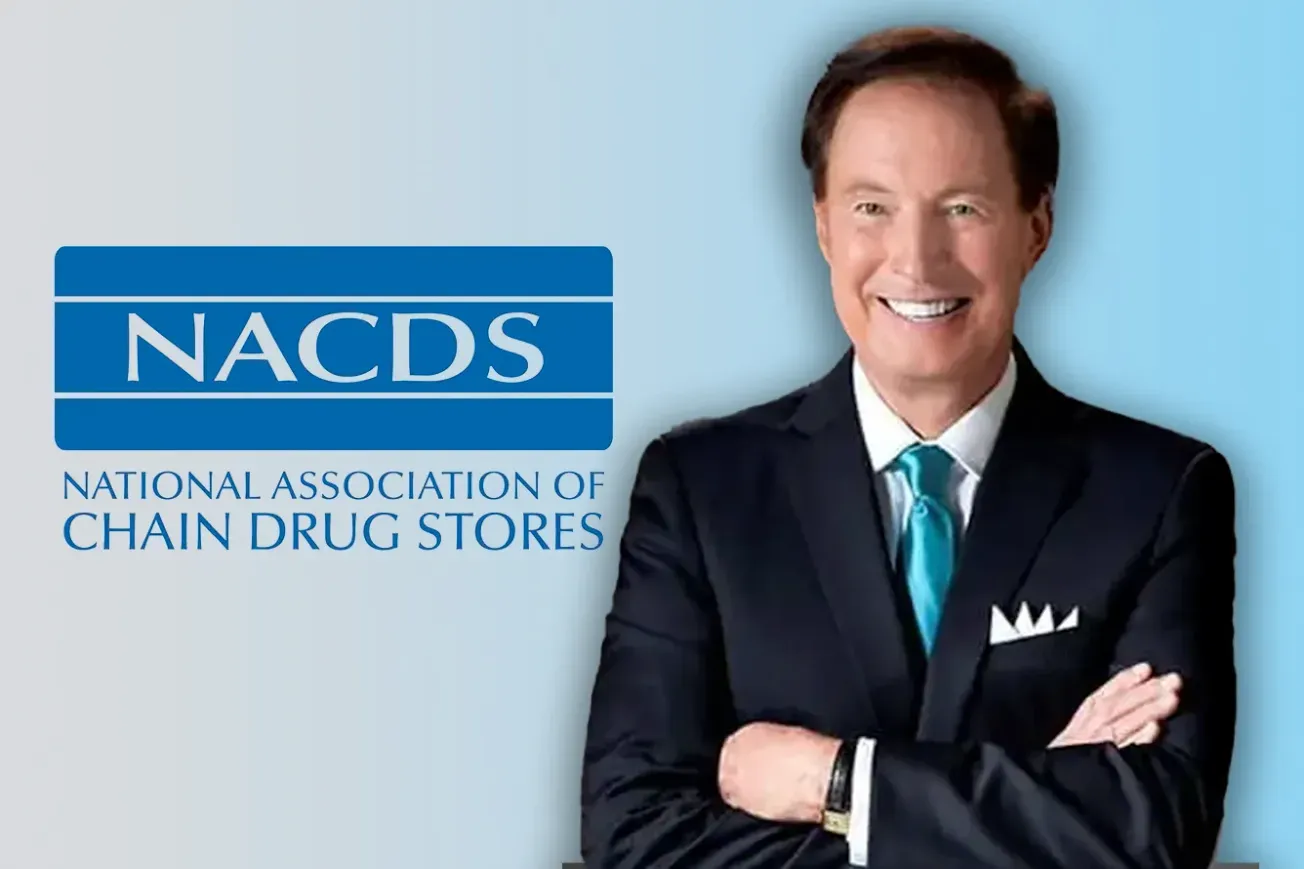SAN FRANCISCO — The majority of GLP-1 users discontinue the drug before reaching their goal weight, a new survey from Omada Health has found.
Only 18% of respondents who discontinued GLP-1s achieved their weight loss goals, the survey found — on average, respondents wanted to lose 22% more weight.
Also, over 60% had a delay or challenge when refilling their GLP-1 prescription which most often led to finding a different pharmacy, skipping or reducing medication, or switching brands. Omada, a virtual between-visit health care provider, released the findings from an attitudinal survey of 1,000 non-Omada members to better understand the needs of consumers taking GLP-1 medications for weight loss. The survey focused on the impact of GLP-1s throughout the patient journey, assessing individuals’ feelings and experiences before, during and after taking the popular weight loss medications.
The survey of people between the ages of 21 and 75 found that more than three-quarters (78%) discussed lifestyle changes with their prescriber before receiving or when receiving a GLP-1 medication. The data also indicate there is often a strong emotional component to usage, with 82% of respondents saying their weight impacted their emotional health prior to taking a GLP-1 and 62% saying their decision to take a GLP-1 gave them hope. Moreover, 65% of those discontinuing the medication reported feelings of anxiousness, stress and/or depression, and of these respondents, over three-fourths regained weight.
Key results indicate access and cost challenges impacted medication persistence and a need for accompanying behavior change support:
• Seventy-three percent of first prescribers were the individuals’ primary care providers (60%), physician assistants (7%) or nurse practitioners (6%).
• Thirty-five percent discontinued taking a GLP-1 because of out-of-pocket costs, and only 18% discontinued their GLP-1 because they achieved their weight loss goal.
• Sixty-six percent regained a portion of their weight, 23% maintained their weight loss and only 11% continued to lose weight after discontinuing taking a GLP-1.
“This survey is critical to unpacking the complexity and ambiguity of the GLP-1 patient journey, while further emphasizing the need for support beyond prescribed weight loss medications,” said Omada chief medical officer Dr. Carolyn Bradner Jasik. “While the findings were not shocking, we are hopeful that it will provide additional support for recognition that GLP-1s alone are not sufficient in producing sustained weight health outcomes, unless paired with a behavior change program element.”
The findings are also consistent with the conclusions drawn from Omada’s other new study, “GLP-1 Discontinuation: Real World Perspectives on a Complex Journey,” which examined real-world data from Omada’s programs and took a deep dive into the needs and experiences of members with a history of GLP-1 use. The findings were presented at ObesityWeek 2024. Seventy-five percent of the Omada members in this study reported discontinuing GLP-1s due to access issues, and 87% of that group expressed a desire to continue losing weight despite stopping the medication. The findings once again revealed that the majority of members discontinued GLP-1s due to access barriers, rather than achieving their goal weight.
GLP-1s have become a highly demanded treatment for weight loss, particularly as high body mass index levels and obesity remain prevalent in the U.S. population. Recent data indicate that 42% of Americans are living with obesity. Omada’s efforts to gain real-world insights about the GLP-1 patient journey come from the company’s ANSWERS (ANalyzing Success of WEight medication with Real-world evidence and Stats) initiative, launched this year to evaluate factors associated with medication usage and the relationship between lifestyle program participation on long-term outcomes of weight health, with and without GLP-1 use, at a population level.
Omada remains committed to staying at the forefront of GLP-1 research by gaining an in-depth understanding of the effects of lifestyle programs on individuals taking GLP-1s at each stage of the patient journey. As the broader implications for GLP-1s and chronic disease management continue to evolve, Omada will look to new clinical research and patient learnings to inform its programs, to enhance its product capabilities, and to support its members on GLP-1 medications.







